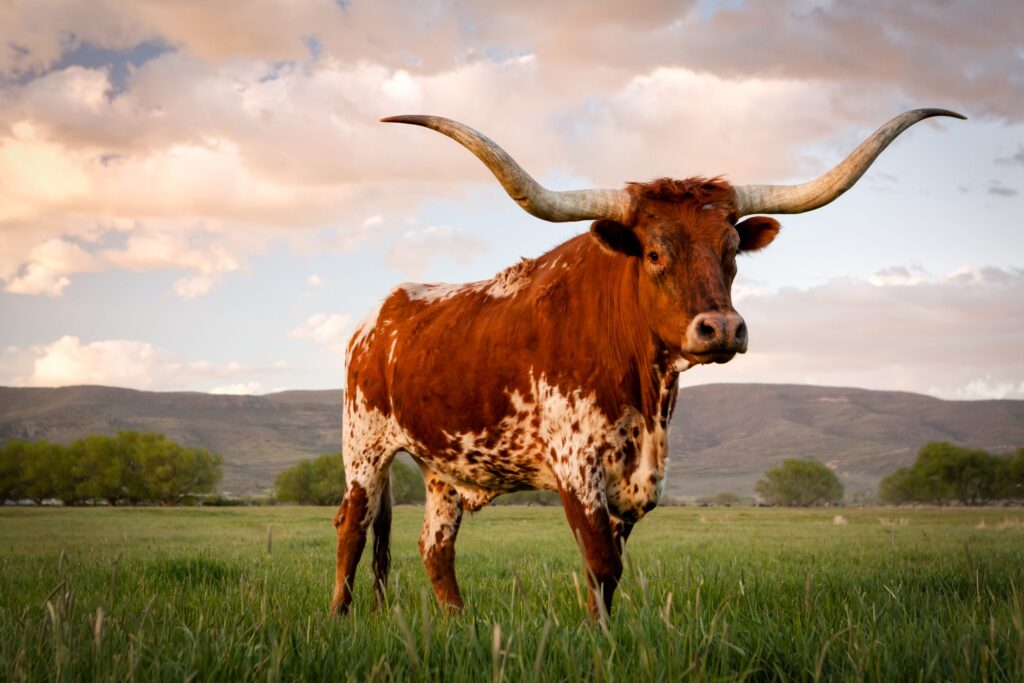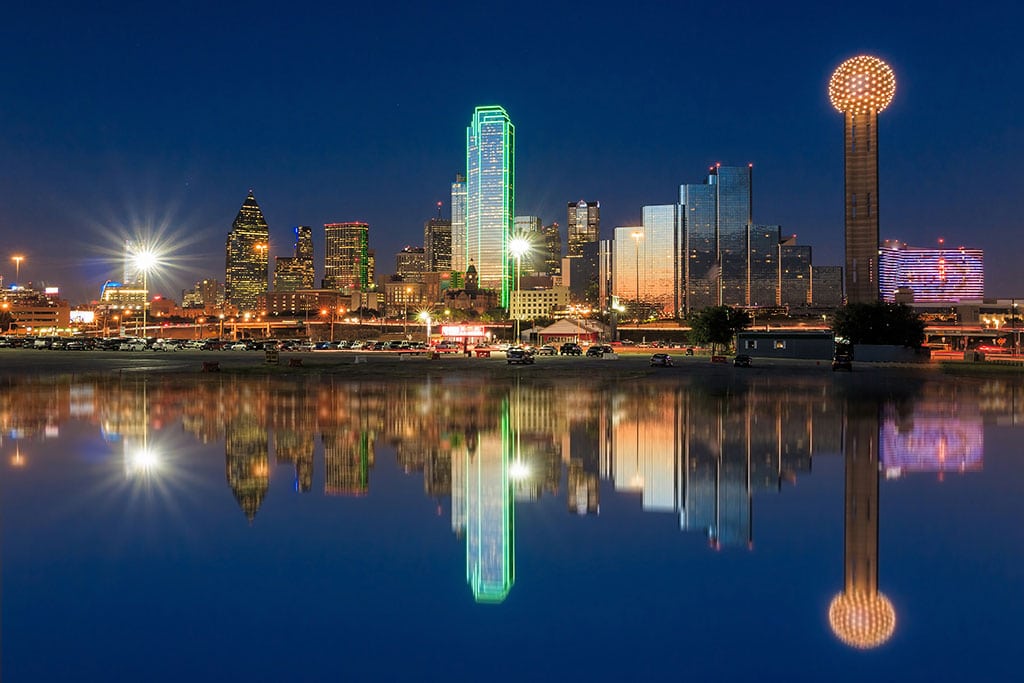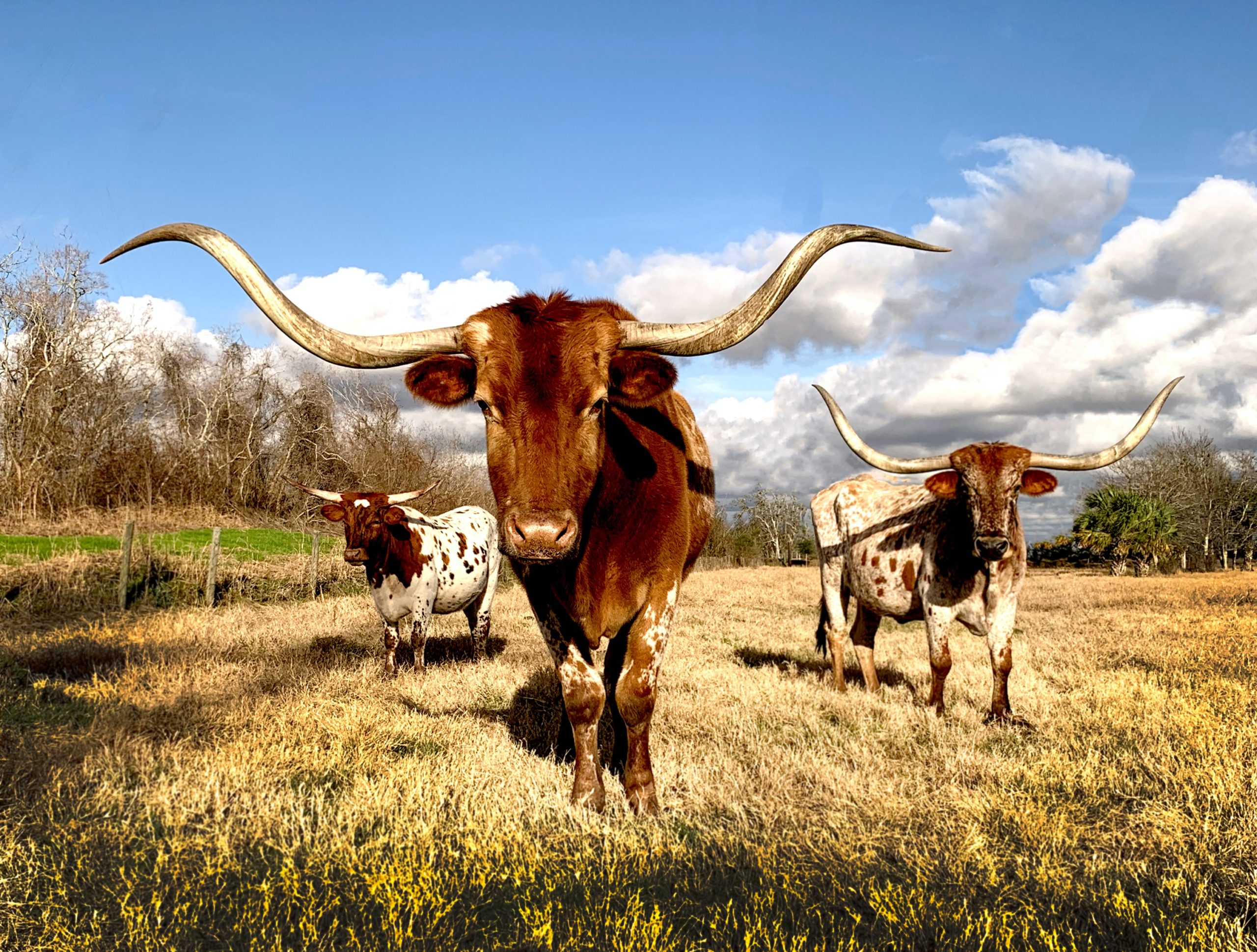Located in the southern region of the United States, Texas is a state that encompasses a rich tapestry of culture, history, and diverse landscapes. From the sprawling metropolitan areas of Houston and Dallas to the vast open spaces of the Hill Country, Texas is a place that captivates and intrigues visitors with its unique blend of southern charm and wild west heritage. With a deep-rooted cowboy culture, Texan pride runs deep within the residents, evident in their love for delicious barbecue, country music, and sports such as football. Whether you’re enthralled by the bustling cities or drawn to the rugged beauty of its natural wonders, there is much to discover and savor in the Lone Star State.
Geography
Location
Texas is located in the southern region of the United States, bordering Mexico to the south. It is the second-largest state in the country, spanning over 268,000 square miles. Texas is known for its vast and diverse landscapes, ranging from coastal plains to deserts, rolling hills, and mountain ranges.
Topography
The topography of Texas offers a variety of terrains that contribute to its unique geographical features. The state is characterized by the Gulf Coastal Plains in the east, which gradually give way to the hilly and scenic Edwards Plateau. As we move west, the terrain becomes more arid, with the Trans-Pecos region displaying a desert-like landscape. The iconic Rio Grande River forms a natural border between Texas and Mexico, further enhancing the state’s topographical variety.
Climate
Texas experiences a range of climates due to its size and geographical diversity. The state is known for its hot summers, with temperatures regularly surpassing 100 degrees Fahrenheit in some regions. Winters, although generally mild, can occasionally bring cold snaps and snowfall. Rainfall varies across the state, with the eastern and coastal regions receiving more precipitation than the arid western areas. The state is also subject to extreme weather events, including hurricanes along the Gulf Coast and tornadoes in the central and eastern parts of the state.
History
Native American History
Prior to European settlement, Texas was home to numerous Native American tribes, including the Comanche, Apache, and Kiowa. These tribes made use of the abundant natural resources, such as bison and fertile land, to sustain their communities. The arrival of Europeans in the 16th century would forever transform the landscape and native way of life.
Spanish and Mexican Rule
Spanish explorers, led by the likes of Alonso Álvarez de Pineda and Cabeza de Vaca, were among the first Europeans to set foot in Texas in the 16th century. Spain laid claim to the region and established missions and settlements, most notably San Antonio, where the famous Alamo would later play a key role in Texas history. After Mexico gained independence from Spain in 1821, Texas became a Mexican state, though tensions with the Mexican government would eventually lead to conflict.
The Republic of Texas
In 1836, Texas declared its independence from Mexico, establishing the Republic of Texas. This period marked a significant chapter in Texas history, as its independence was hard-fought and led by influential figures such as Sam Houston. However, the Republic faced challenges and eventually sought annexation by the United States.
Annexation to the United States
Texas was admitted to the United States as the 28th state in 1845, leading to increased tensions with Mexico. The annexation of Texas contributed to the Mexican-American War, which resulted in the United States acquiring additional territory, including present-day New Mexico, Arizona, and California.
Civil War Era
During the Civil War, Texas sided with the Confederacy and played a significant role in the conflict. The state’s fertile land and large population made it a valuable resource for the Confederate forces. However, the war brought devastation and economic decline to Texas.
Oil Boom and Modernization
The discovery of oil in Texas in the early 20th century revolutionized both the state’s economy and its place in the global energy industry. The oil boom brought newfound wealth and widespread modernization, transforming cities like Houston and Dallas into thriving metropolises. Today, Texas remains a leader in the energy sector, driving innovation and economic growth.

This image is property of i.natgeofe.com.
Culture
Diversity
Texan culture is rich and diverse, influenced by its historical roots and the blending of various ethnicities. The state’s population encompasses people of Native American, Hispanic, African American, and European descent, making it a multicultural tapestry. This cultural diversity is celebrated and reflected in the vibrant art, cuisine, and music that Texas is known for.
Tex-Mex Cuisine
One of the defining culinary traditions in Texas is Tex-Mex cuisine, which blends Mexican and American flavors. Tex-Mex dishes, such as chili con carne, enchiladas, and fajitas, have become staples in the state’s culinary landscape, enjoyed by locals and visitors alike. The fusion of spices, meats, and vegetables creates a unique and flavorful dining experience.
Rodeo and Western Heritage
Texans take great pride in their western heritage, epitomized by the rodeo. Rodeo events, such as bull riding, roping, and barrel racing, showcase the rugged traditions of cowboy culture that have shaped Texas. These events are not only popular spectator sports but also serve as a reminder of the state’s deep connection to its history and cowboy roots.
Music and Arts
Texas has a rich musical heritage, serving as a birthplace for various genres such as country, blues, and rock ‘n’ roll. Legendary musicians like Willie Nelson and Beyoncé have emerged from the state, leaving an indelible mark on the global music scene. Furthermore, Texas boasts a thriving arts community, with numerous museums, galleries, and theater productions that showcase the state’s artistic talent.
Sports Culture
Sports play a significant role in Texan culture and hold a special place in the hearts of its residents. Football, particularly high school football, is widely followed and fiercely competitive, often drawing crowds in the thousands. Baseball and basketball also enjoy significant popularity, with the state producing some of the country’s top athletes in these sports. Additionally, rodeo events continue to captivate audiences, connecting contemporary Texans with their Western heritage.
Economy
Agriculture and Livestock
Texas has a diverse agricultural sector, specializing in the production of crops such as cotton, corn, and sorghum. The state is also a major player in the livestock industry, with cattle ranching being a significant economic contributor. Vast expanses of fertile land and a favorable climate allow for extensive farming operations, making agriculture a crucial component of Texas’ economy.
Energy Industry
Texas has been dubbed the “Energy Capital of the World” due to its prominent role in the oil and gas sector. The state is home to expansive oil fields and refineries, attracting both national and international companies. Furthermore, Texas has become a leader in renewable energy, with wind farms and solar power installations contributing to the state’s diverse energy portfolio.
Technology Sector
In recent years, Texas has witnessed a surge in its technology sector, especially in cities like Austin. The state has become a hub for technology companies, attracting entrepreneurs and venture capital investment. Austin, in particular, is known for its vibrant startup scene and has earned the nickname “Silicon Hills.”
Tourism
Texas boasts a wide range of attractions that draw tourists from across the globe. The state’s abundant natural beauty, including pristine beaches, rugged landscapes, and scenic national parks, provides ample opportunities for outdoor enthusiasts. Additionally, historical landmarks, vibrant cities, and cultural festivals offer visitors a taste of Texan heritage and hospitality.
Manufacturing
Manufacturing is a significant component of Texas’ economy, contributing to job growth and economic stability. The state’s strategic location, favorable business environment, and robust infrastructure make it an attractive destination for manufacturing companies. From aerospace and automobile production to electronics and chemicals, Texas has established itself as a major player in the manufacturing industry.

This image is property of www.lonestartravelguide.com.
Population
Ethnic Diversity
Texas boasts a diverse population, with a blend of ethnicities and cultures. The state’s largest ethnic groups include non-Hispanic Whites, Hispanics, African Americans, and Asians. This diversity is reflected in the state’s vibrant cultural scene and contributes to a rich tapestry of traditions, languages, and customs.
Urban Centers
Texas is home to several major urban centers that serve as economic powerhouses and cultural hubs. Cities such as Houston, Dallas, Austin, and San Antonio boast bustling downtown areas, vibrant arts scenes, and diverse communities. These metropolitan areas offer a wide range of opportunities for residents and attract businesses from various industries.
Rural Areas
While Texas is known for its sprawling cities, it also holds vast rural areas characterized by agricultural activities and small-town charm. Ranching and farming communities play a vital role in the state’s economy and contribute to its unique identity. The rural areas are often characterized by a close-knit community spirit and a connection to Texas’ agricultural heritage.
Immigration Patterns
Texas has historically been a destination for immigrants from around the world, contributing to its cultural mosaic. The state’s proximity to Mexico has resulted in a significant Hispanic population, with strong cultural ties to their homeland. Additionally, Texas has attracted immigrants from Asia, Africa, and Europe, creating a multicultural environment where different traditions and languages intertwine.
Notable Cities and Landmarks
Houston
Houston, the largest city in Texas, is a vibrant metropolis known for its diverse population and thriving energy industry. The city’s skyline is adorned with impressive skyscrapers, and its cultural scene offers a rich blend of art, music, and culinary experiences. Houston is also home to renowned institutions like the NASA Johnson Space Center, further highlighting its significance in areas of science and innovation.
Dallas
Located in North Texas, Dallas is a major economic and cultural hub. The city’s iconic skyline, which includes the impressive Reunion Tower, defines its modern and prosperous image. Dallas boasts a thriving arts district, upscale shopping destinations, and a strong sports culture. The city’s history is also intertwined with the legacy of President John F. Kennedy, as the site of his assassination in 1963, which is commemorated at the Sixth Floor Museum.
Austin
The capital city of Texas, Austin, is renowned for its vibrant music scene and progressive culture. Often referred to as the “Live Music Capital of the World,” Austin hosts numerous music festivals and is home to a wide range of live music venues. The city’s bohemian atmosphere, coupled with its burgeoning technology sector, attracts a young and creative demographic.
San Antonio
San Antonio is a city steeped in history, boasting a unique blend of Mexican and Texan culture. The iconic Alamo, a symbol of Texas Independence, is a major landmark in the city and draws visitors from around the world. San Antonio is also famous for its charming River Walk, a network of walkways along the San Antonio River that is lined with shops, restaurants, and entertainment venues.
Galveston
Galveston is a coastal city known for its beautiful beaches and historic charm. The city’s rich history includes stories of pirates, devastating hurricanes, and its role as a major port in the late 19th century. Galveston offers visitors a blend of relaxation and cultural exploration, with stunning Victorian architecture, museums, and a lively entertainment district.
Big Bend National Park
Located in the southwestern part of Texas, Big Bend National Park is a breathtaking natural wonder. The park contains a diverse range of ecosystems, including desert landscapes, majestic canyons, and the mighty Rio Grande River. Visitors can hike, camp, and explore the park’s rugged beauty, immersing themselves in the tranquility and serenity of nature.
The Alamo
The Alamo, located in San Antonio, holds a significant place in the history of Texas. This mission-turned-fortress became a symbol of defiance during the Texas Revolution. The Battle of the Alamo in 1836, although resulting in defeat for the Texan forces, inspired and galvanized the fight for Texas independence. Today, the Alamo stands as a monument to honor those who fought for freedom and serves as a reminder of the state’s storied past.

This image is property of texasproud.com.
Politics
Conservative Stance
Texas has long been associated with a conservative political stance. The state’s preference for limited government intervention and emphasis on individual freedoms aligns with traditional conservative values. This ideology permeates various policy areas, including taxation, regulation, and social issues, shaping the political landscape of Texas.
Lone Star State Identity
Texans take great pride in their state’s history and unique identity. The term “Lone Star State” not only refers to the lone star on the Texas flag but also represents the independent spirit that has shaped the state’s character. This sense of regional pride is evident in the state’s cultural traditions, such as rodeos, Texan cuisine, and a strong emphasis on self-reliance.
Role in National Politics
Given its large population and economic influence, Texas plays a significant role in national politics. The state boasts a substantial number of electoral votes, making it crucial in presidential elections. Additionally, many influential politicians have emerged from Texas, including past presidents Lyndon B. Johnson and George W. Bush. Texas also sends a sizable delegation to both the Senate and the House of Representatives, further amplifying its voice in national policy-making.
Education
Public Education System
Texas has a comprehensive public education system that is governed at the state level. The Texas Education Agency oversees the development of statewide curriculum standards and the administration of standardized tests. The state’s public schools aim to provide quality education to all students, preparing them for higher education or the workforce.
Higher Education Institutions
Texas boasts a wide array of higher education institutions, including prestigious universities and community colleges. Some of the notable universities include The University of Texas at Austin, Texas A&M University, and Rice University. These institutions offer diverse academic programs and contribute to cutting-edge research in various fields.

This image is property of www.worldatlas.com.
Sports
Football
Football holds a special place in the hearts of Texans, with high school football often referred to as a religion. Friday nights come alive as communities rally around their local teams, with stadiums packed to capacity. The state is also home to reputable college football programs and professional teams like the Dallas Cowboys and the Houston Texans, further fueling the passion for the sport.
Baseball
Baseball is another beloved sport in Texas, with the state boasting several professional baseball teams, including the Houston Astros and the Texas Rangers. Major League Baseball games draw enthusiastic crowds to stadiums across the state, and Texas’ mild climate allows for year-round recreational play at various levels.
Basketball
Basketball also enjoys significant popularity in Texas, with both high school and college basketball attracting dedicated fans. The state has produced notable professional players who have made their mark on the NBA. The San Antonio Spurs, in particular, have achieved great success and earned a strong fan base, with five NBA championships to their name.
Rodeo
Rodeo is deeply ingrained in Texan culture and represents the state’s rich Western heritage. Rodeo events, such as bull riding, steer wrestling, and barrel racing, attract participants and spectators from across the state. The annual Houston Livestock Show and Rodeo, one of the largest rodeo events in the world, showcases the best of Texan rodeo traditions.
Famous Texans
Lyndon B. Johnson
Lyndon B. Johnson, a native Texan, served as the 36th President of the United States from 1963 to 1969. He played a pivotal role in advancing civil rights legislation and implementing his vision for the “Great Society” programs, which aimed to address poverty and inequality. Johnson’s presidency left a lasting impact on the country and solidified his place in Texan and American history.
George W. Bush
George W. Bush, the 43rd President of the United States, hails from Texas. Born in Connecticut, Bush moved to the Lone Star State and built his political career there, serving as the Governor of Texas before assuming the presidency. His leadership during the September 11 attacks and subsequent actions in the War on Terror shaped his presidency and left a lasting legacy.
Beyoncé
Beyoncé, an internationally acclaimed singer, songwriter, and actress, was born and raised in Houston, Texas. Considered one of the most influential artists of our time, Beyoncé has released chart-topping albums and captivated audiences with her powerful performances. Her success has made her a cultural icon and a source of pride for Texans.
Willie Nelson
Willie Nelson, a legendary country music singer-songwriter, was born in Abbott, Texas. Nelson’s distinctive voice and heartfelt lyrics have resonated with fans for decades. He is known for hits like “On the Road Again” and “Always on My Mind,” and his contributions to the country music genre have earned him numerous accolades and a place in the Country Music Hall of Fame.
Matthew McConaughey
Matthew McConaughey, a versatile actor and producer, was born and raised in Uvalde, Texas. Known for his charismatic on-screen presence, McConaughey has delivered memorable performances in films such as “Dallas Buyers Club” and “Interstellar.” His Texan roots and laid-back demeanor have become synonymous with his acting persona, making him a beloved figure in both Texas and Hollywood.
In conclusion, Texas is a state that offers a diverse and vibrant tapestry of geographical wonders, rich history, cultural traditions, and economic opportunities. From its rugged landscapes to its proud Texan identity, the state continues to evolve while embracing its past. Whether it’s savoring Tex-Mex cuisine, attending a lively rodeo event, or exploring the captivating cities and landmarks, Texas leaves a lasting impression on those who experience its unique offerings.

This image is property of www.traveldrafts.com.
